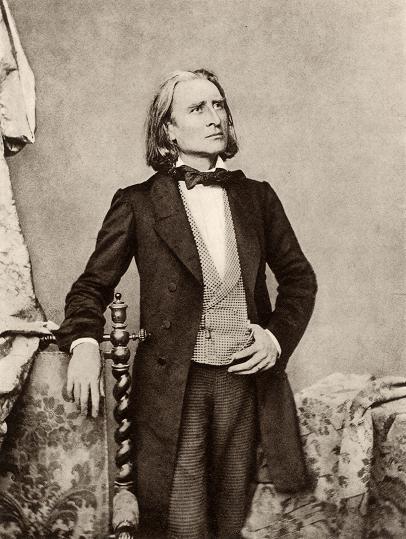How did Franz Liszt get cancelled?
Album Of The WeekFrom the Lebrecht Album of the Week:
Franz Liszt has been cancelled by the world’s orchestras, probably for something he said on social media. Seriously, when was the last time you saw a Liszt orchestral work on a concert programme, other than the two piano concertos? Probably not in the present century.
Yet Liszt was regarded in his lifetime and long after his death in 1886 as an orchestral composer of consequence, equal to Berlioz in colour, control and vivid imagination….






Comments